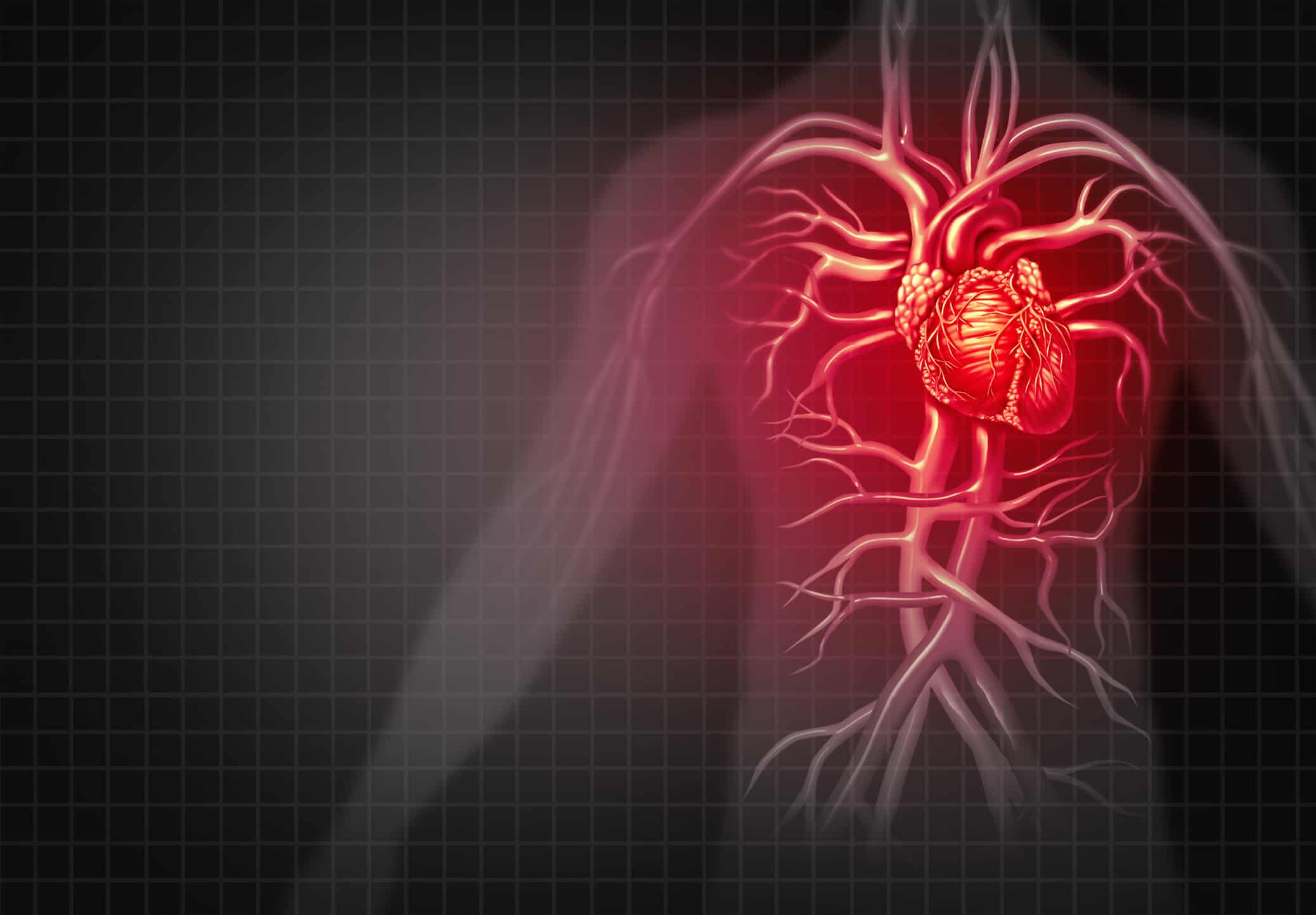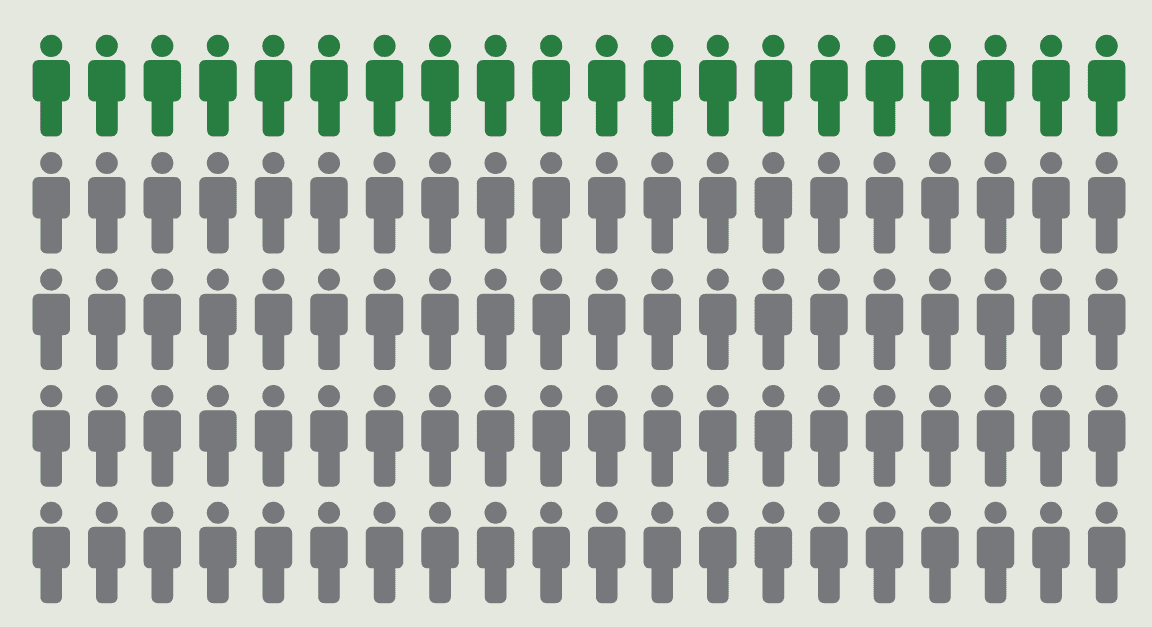
Understanding Your Heart Disease Risk
Risk factors increase your chance of heart disease and stroke, also known as ASCVD, or atherosclerotic cardiovascular disease.
Risk Factors for Heart Disease
What Does a Risk Score Mean?
Heart Disease Risk Tools
Major Risk Factors for Heart Disease
Risk factors increase your chance of heart disease and stroke, also known as ASCVD, or atherosclerotic cardiovascular disease.
- High blood pressure
- High cholesterol
- Diabetes or high blood sugar
- Tobacco use

Other Risk Factors That Increase Your Risk
- Family history of ASCVD: men less than 55, or women less than 65
- LDL cholesterol (LDL-C) higher than 160 mg/dL, or triglycerides higher than 175 mg/dL
- Metabolic syndrome
- Chronic kidney disease
- Ongoing inflammation or infection: lupus, psoriasis, rheumatoid arthritis, HIV
- Menopause before age 40, or pre-eclampsia
- South Asian ethnicity
- High Lipoprotein(a), apolipoprotein B, or high-sensitive C-reactive protein (hs-CRP)
- Ankle brachial index (ABI) less than 0.9
Learn More
Explore these topics further to learn more about calculating your risk.
What Does a Risk Score Mean?
Heart Disease Risk Tools

How to Measure Your Risk for Heart Disease and Stroke
A heart disease risk tool, also called a calculator, compares your risk factors to other people like you who have developed these diseases.
The risk tool shows your risk score. This is your chance of getting heart disease, a heart attack, or stroke in the next 10 years, or in your lifetime.
Based on your risk score, you can help lower your risk by working with your health care team to develop a plan, which may include lifestyle changes and taking medicine.
What Does a Risk Score Mean?
If your 10-year risk score is 20%, what does it mean?
- In a group of 100 people like you with this score, 20 of them will develop heart disease, or have a heart attack or stroke, within 10 years. This is the same as one person out of every five people.
- We cannot be sure which of the 100 people will develop heart disease, or have a heart attack or stroke, so it is important to keep your risk as low as possible.
20% is the same as 20 out of 200

Learn More
Explore these topics further to learn more about calculating your risk.
Risk Factors for Heart Disease
Heart Disease Risk Tools

Heart Disease Risk Tools
These risk tools are commonly used to determine your chance of getting heart disease, a heart attack, or stroke in the next 10 years, or in your lifetime. surgery.
A Few Popular Tools and What Your Results Might Mean
These tools do not replace advice from your provider. They are NOT for people who already have a history of heart disease, stroke, or heart procedures such as stents or bypass surgery
ASCVD Risk Estimator PLUS Risk Score
- The most widely used tool.
- Ages 20 to 79.
- For people who are White or Black.
- May not be as accurate for people who are Asian, Hispanic, or American Indian.
- Calculates your lifetime risk, and your 10-year risk.
- Uses age, sex, race, smoking status, blood pressure, and cholesterol.
- Tells how much you can lower your chances if each risk factor is controlled.
| Low Risk: Less than 5% | Borderline: Between 5 to 7.4% | Intermediate Risk: Between 7.5 to 19.9% | High Risk: 20% or greater | |
|---|---|---|---|---|
| Possible Treatments to Reduce Your Risk | Focus on a healthy lifestyle to prevent heart disease. Reduce your risk factors. Statin medicine if your LDL cholesterol is above 190mg/dL. | Talk with your provider about your risk enhancers. You may start a cholesterol medicine (statin). You may have other tests to check your risk. | Talk with your provider about lifestyle changes, other risk factors, more tests, and starting cholesterol medicine. | Talk with your provider about starting a high intensity cholesterol medicine right away, lifestyle changes, and if you need other tests. |
Reynolds Risk Score
- Ages 45 to 80.
- May not be the best tool for racially-diverse groups.
- Calculates your 10-year risk.
- Tells how much you can lower your chances if each risk factor is controlled.
- Uses age, cholesterol, blood pressure, smoking history, results from an hs-CRP blood test, and if your parents had a heart attack before age 60.
- May be helpful for women.
- May be help you better understand your risk if your score is “borderline” or “intermediate” from another risk calculator.
Multi-Ethnic Study of Atherosclerosis (MESA) Risk Score
- Ages 45 to 85.
- Better predictor for people who are White, Black, Chinese American, or Hispanic.
Calculates your 10-year risk. - Uses age, sex, race/ethnicity, cholesterol, blood pressure, smoking history, diabetes, and results from a coronary artery calcium scan. Asks if your parent, brother, sister, or child had a heart attack before age 60.
Coronary Artery Calcium (CAC) Scan, Heart Scan
- Measures the amount of calcium, also known as hard plaque, in the arteries of your heart.
- Used along with your risk score to decide if medicine may be right for you.
- For people who are White, Black, Hispanic, and Chinese.
- Cost is $75-$100 and may not be covered by insurance.
- Helpful for people who have:
- Low ASCVD risk score of less than 5%, with family history of early heart disease.
- OR ASCVD risk score of 5 to 10%,with LDL-C level 70 to 189 mg/dL
- NOT for people who already have ASCVD, or if your LDL-C is 190 mg/dL or higher.
| CAC Score | 0 | Borderline: Between 5 to 7.4% | 1-99 | 100 or greater, or 75th precentile or higher |
|---|---|---|---|---|
| Possible Treatments to Reduce Your Risk | May delay statin medicine unless you smoke, have diabetes, or have a family history of early heart disease. | Statin medicine suggested, especially if you are 55 years old or older. | Talk with your provider about lifestyle changes, other risk factors, more tests, and starting cholesterol medicine. | Statin medicine is highly suggested. Talk with your provider about aspirin. |
Learn More
Explore these topics further to learn more about calculating your risk.
Risk Factors for Heart Disease
What Does a Risk Score Mean?
Heart Disease Risk Tools
Disclaimer: While PCNA strives to provide reliable, up-to-date health information, this and other PCNA education materials are for informational purposes only and not intended as a substitute for professional medical care. Only your healthcare provider can diagnose and treat a medical problem.





